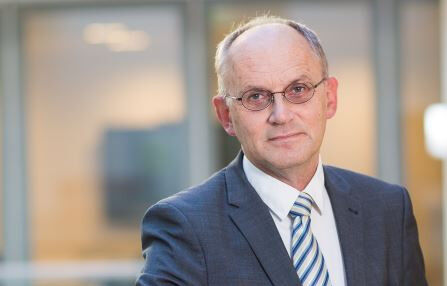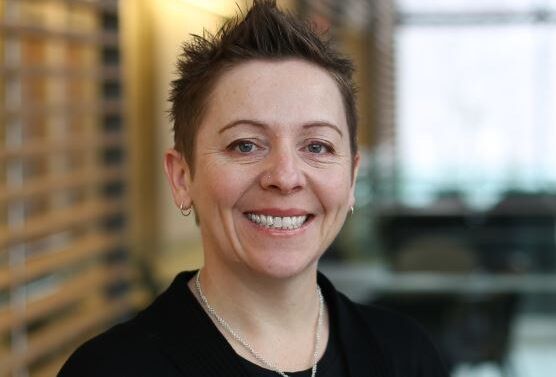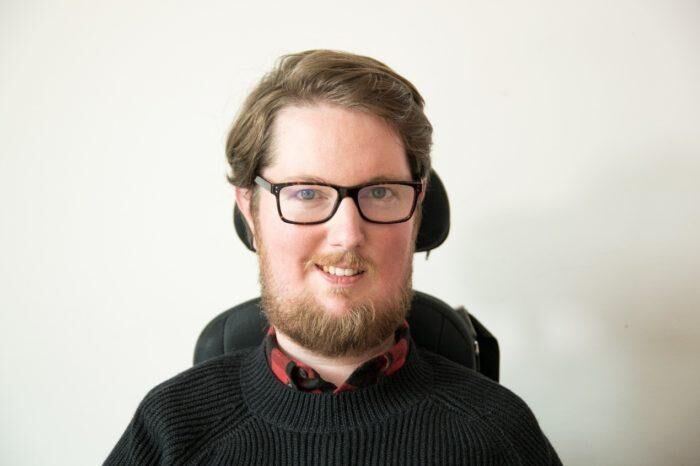Assisted Suicide
International experts urge MSPs not to back assisted suicide bill

EXPERTS from different countries have cautioned against assisted suicide in a special event for Members of the Scottish Parliament (MSPs).
The online event, organised by Care Not Killing and Not Dead Yet UK, included speeches from Dutch academic Professor Theo Boer, Canadian palliative care expert Dr Leonie Herx, and Dr Miro Griffiths, a lecturer in disability studies based in the UK.
It was hosted by David Galloway, a recently retired consultant surgeon and past president of the Royal College of Physicians and Surgeons in Glasgow. Mr Galloway organised a letter signed by more than a hundred medics urging the Scottish Government not to change the law.

In a speech to MSPs, Professor Boer warned that there is no guard against extension further down the line making marginalised groups eligible for ‘assisted death’. And he said that the numbers of people accessing practice would skyrocket, especially in the wake of the coronavirus pandemic:
“What will happen once assisted dying is legalized? The assisted dying numbers will no doubt dwarf those ’17 people a day’. Based on the Dutch numbers - 4.5% assisted deaths currently, and further increasing - we should expect as many as 85 assisted deaths per day, 35,100 per year nationally in Great Britain.
“On a regional level, in the Netherlands up to 15% of the mortality is preceded by assisted dying. Once assisted dying is legal, the Dutch and other experiences show that new groups of patients will request justice – and equal treatment.
“Why only terminally ill patients, and not people with a longer life expectancy? Why only physically ill patients, whereas people with psychiatric illnesses may suffer much harder? Why only competent adults and not people with advance directives, dementia patients?
“Why only people with a request or an advance directive, and why not small children whose parents can require an assisted death by proxy? Why only people whose suffering is caused by a medical illness, rather than anyone who suffers hopelessly?
“All five expansions have indeed occurred in the Netherlands. The Dutch example testifies that once assisted dying is legal, this changes our views of dying, suffering, vulnerability, and care dependence, similar to the way flying has changed tourism, friendships, politics, and the economy.
“The option to die by active means poses a question to any suffering patient: ‘should I, or should I not, use the option to end my life?’ If there is any period in the history of humankind in which assisted suicide was less necessary to prevent a terrible death, it is the years 2021 and further.”

Dr Leonie Herx, Chair of the Division of Palliative Medicine at Queen’s University, Ontario, warned that safeguards are completely ineffective and highlighted cases of coercion taking place in Canada, which changed the law in 2016:
“Every year there have been documented cases of non-compliance with safeguards and misapplication of both law and policy for MAiD. The Chief Coroner of Ontario, The End of Life Care Commission in Quebec, the British Columbia Coroner’s Service, and the Correctional Investigator of Canada have all reported these issues.”
“Further expansion of MAiD is happening in stages. A parliamentary committee is exploring euthanasia for “mature minors” and advanced directives. MAiD is also being requested for children – and a mother’s request for euthanasia of her young disabled child is now being championed by parliamentarians.
“We see reports of Canadians seeking euthanasia through loneliness and depression from social deprivation, or inability to access the care and support needed for living through high costs of care, poor conditions in care homes, fear of loneliness in COVID lockdowns and prisoners refused parole.
“Legalizing euthanasia fundamentally changes medicine, the role of the doctor, and society. Once brought into medicine, there are no rules or safeguards that you can put in place that will keep euthanasia restricted to a very few with extenuating circumstances, as portrayed by its proponents.
“Don’t be deceived: administering death is cheaper and easier than providing care, and it will quickly become the solution for any form of human suffering as we are seeing in Canada.”

Dr Miro Griffiths, Research Fellow in Disability Studies and Social Policy at the University of Leeds and a Member of the Disability Advisory Committee at the Equality and Human Rights Commission, told MSPs:
“The United Nations, human rights groups, and Disabled People's Organisations have highlighted the social injustices encountered by disabled people. Legislative and policy interventions should focus on improving opportunities to participate in society and access sufficient healthcare across the life course.
“Within the last 11 years, disabled people have been subjected to extensive social injustices: the United Nations inquiry concluded that grave or systematic violations had taken place surrounding the rights of disabled people; the government response to the coronavirus pandemic has illustrated, and exacerbated, disabled people’s marginalisation and precarity in daily life.
“The latest strategies to improve disabled people’s life chances are considered ineffective by disabled people’s organisations. We have now reached a position where we are debating dignity in death before there is dignity in life.”
CARE is campaigning against assisted suicide proposals at Westminster and Holyrood. A consultation on the Scottish proposals, brought forward by Lib Dem MSP Liam McArthur, is open now.
If you live in Scotland, please consider reading our guide to responding and submitting your views before the deadline on 22 December.
Share
